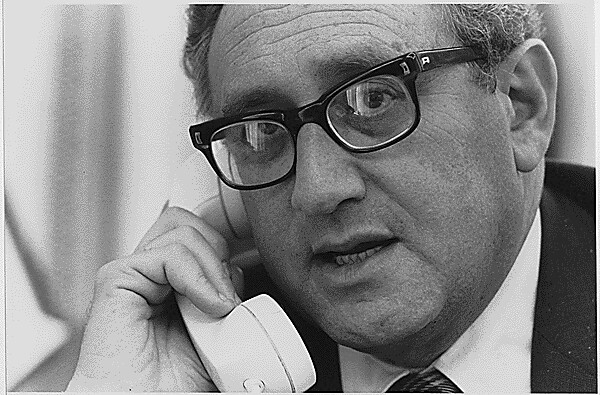Yemen Controversy 2019
March 27, 2019
Student Editorial: The United States must end its support of the immoral and illegal war Saudi Arabia continues to wage against the people of Yemen.
Saudi Arabia’s ongoing military campaign in Yemen is entirely dependent on US military support. According to the New York Times, in 2009, when the Saudis fought the Houthis without US support, they were handily beaten. The Saudi air force, which has been used for countless airstrikes on civilians in Yemen, has historically been strategically inept without the aid of the United States. However, according to CNN, the US supported airstrikes by Saudi Arabia have killed hundreds of thousands of civilians, crippled domestic infrastructure and tightened naval blockade that constricts the flow of humanitarian aid. The UN finds that 13 million Yemeni people are at near-term risk of famine and disease. Ending the war in Yemen is the United States’ moral and political imperative.
Fortunately, some members of Congress have the solution: end arms sales to Saudi Arabia. While the Republican-controlled Senate is unlikely to pass the House’s bill to restrict arms sales, and the president is even more likely to veto the bill if passed, the House’s bill, if passed, has the potential to end the war in Yemen. Indeed, Bruce Riedel of the Brookings Institute found in 2018 that if the United States were to cut the logistics, maintenance, and spare part sales to the Saudis, the Royal Saudi Air Force would be instantly grounded, stopping the airstrikes in its track. The precarious “ceasefire” in Yemen has not come to fruition, as the flow of aid is still unrestricted and the Saudis continue to bomb port cities and civilian infrastructure indiscriminately during the ceasefire. Opponents of ending arms sales, such as the current administration, argue that if the United States were not to supply the Saudis, they would simply shift to Russia or China as their supplier.
This concern, however, does not account for the Saudi reliance on United States technology that is not inter-operable with Russian and Chinese weapons. For example, According to the New York Times, Chinese bombs are not compatible with the weapon systems of US F-15 fighter jets, and this need to rebuild their military entirely is why Jonathan Caverly of the Naval War College found in 2018 that a Saudi transition would take years and hundreds of billions of dollars. Caverly also finds that because the Russians and Chinese lack the military production capacity for the modern weapons that the Saudis want, the Saudis would be unable to shift for decades. Importantly, even if the Saudis were able to shift to Russian and Chinese weapons in decades, the near-term risk of 13 million deaths in Yemen is far more important, and ending arms sales heavily restricts the Saudis ability to fight the war and violate the ceasefire. As a result, Caverly concludes that if the United States were to end military support to the Saudis, Saudi involvement in the war in Yemen would come to a halt within weeks. The United States must end arms sales to Saudi Arabia to help fight what the United Nations considers to be the worst humanitarian crisis in the world today.



































